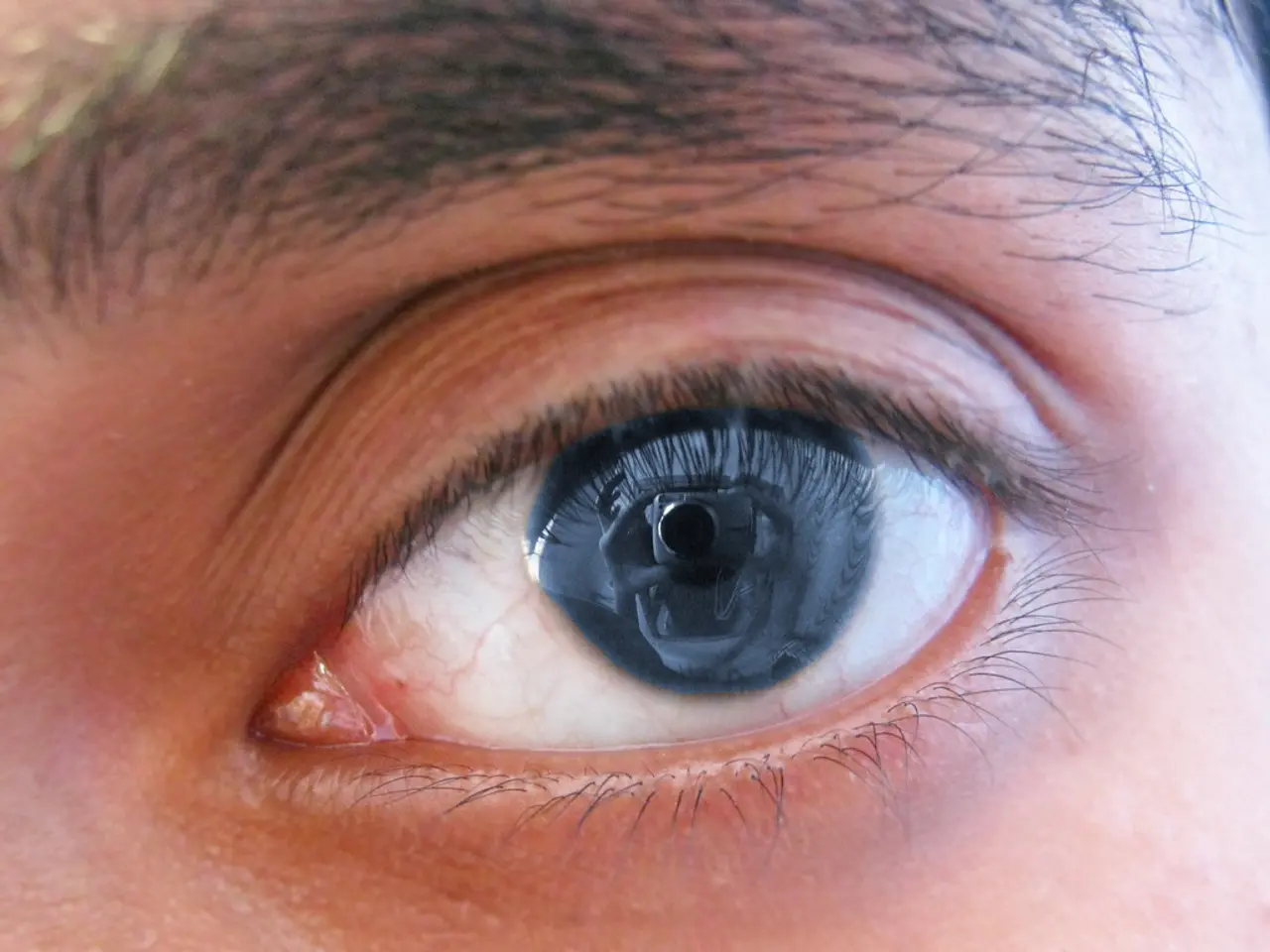Eye Infection in Both Eyes: Types and Remedies for Each Instance
Pink eye, or conjunctivitis, is a common eye condition that can affect people of all ages. The condition is characterised by inflammation of the conjunctiva, the thin, transparent layer that lines the inner surface of the eyelid and the white part of the eye.
Distinguishing Different Types of Pink Eye
There are three main types of pink eye: viral, bacterial, and allergic. Each type has distinct characteristics that can help in identifying and treating the condition.
Viral Pink Eye
Viral pink eye, also known as viral conjunctivitis, is often characterised by both eyes being affected, either simultaneously or sequentially. The condition is commonly associated with cold symptoms and watery discharge. It tends to run its course within 7 to 10 days without specific treatment.
Bacterial Pink Eye
Bacterial pink eye, or bacterial conjunctivitis, typically begins in one eye, which may then spread to the other. It is usually accompanied by more significant yellow or green pus-like discharge.
Allergic Pink Eye
Allergic pink eye, or allergic conjunctivitis, affects both eyes and is not infectious. It is characterised by itchy eyes, swelling, and clear, watery discharge.
Treatment and Management
The treatment for pink eye depends on its cause.
- Allergic pink eye can be eased by limiting exposure to allergens and prescribed medications such as antihistamines or steroid eye drops.
- Mild bacterial pink eye usually lasts 7-10 days without treatment, or may improve within 3-4 days of starting antibiotics. However, more severe cases may require antibiotic ointment or drops for treatment.
- Viral pink eye will not respond to antibiotics. Cold compresses and lubricating eye drops may help with the symptoms.
In some cases, a doctor may recommend surgery if the blocked tear duct has not cleared up by the time the baby is a certain age. If neonatal conjunctivitis develops, a doctor may recommend using a saline solution to rinse the baby's eyes and administering antibiotics if the cause is a bacterial infection.
In summary, understanding the different types of pink eye and their characteristics can help in prompt and effective treatment. Always consult a healthcare professional for accurate diagnosis and treatment advice.
| Type | Eye Involvement | Typical Discharge | Associated Symptoms | |--------------------|----------------------------|-------------------------|---------------------------------| | Viral conjunctivitis| Often both eyes | Watery, clear | Cold symptoms, watery tears | | Bacterial conjunctivitis | Usually one eye first; may spread | Yellow or green pus-like | More eye discharge, inflammation | | Allergic conjunctivitis | Both eyes | Clear, watery | Itchy eyes, allergy symptoms |
- Science has identified three main types of pink eye, namely viral, bacterial, and allergic pink eye, each displaying distinct characteristics to aid in diagnosis and treatment.
- Bacterial pink eye, or bacterial conjunctivitis, is marked by a typical yellow or green pus-like discharge in one eye, which may later affect the other, contrasting the watery discharge associated with viral pink eye.
- Eye health is crucial in maintaining overall health and wellness. Proper management of pink eye, dependent on its causative factor, ensures timely recovery and prevents potential complications, such as blindness.
- Medical conditions like pink eye are not solely isolated to the eye; understanding the root causes, such as allergens, bacteria, and viruses, is essential to appropriate treatment and lasting relief.




